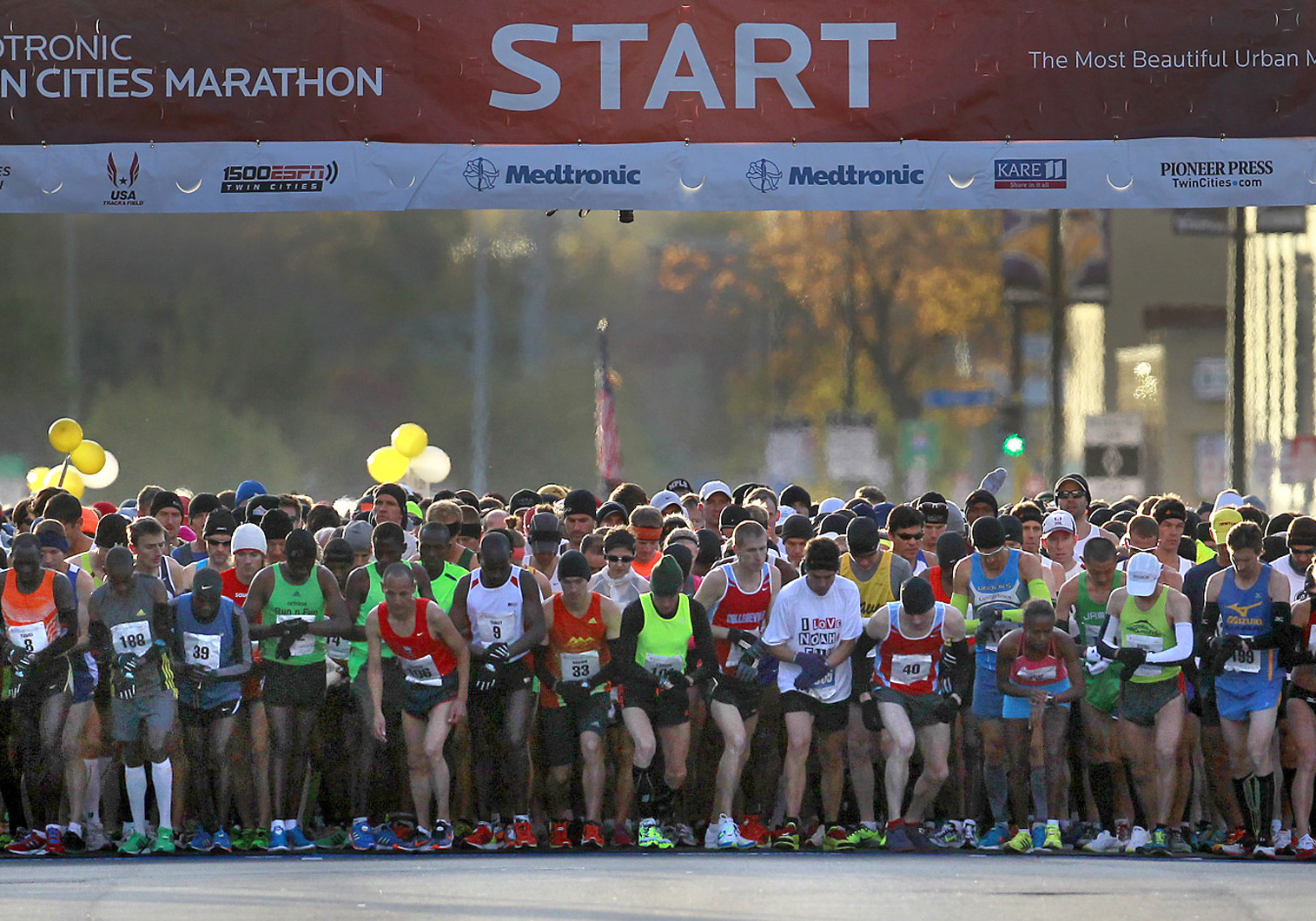MATT FITZGERALD – Runner’s Tribe
Matt Fitzgerald is an acclaimed endurance sports coach, nutritionist, and author. His many books include The Endurance Diet, 80/20 Running, and How Bad Do You Want It?
Recently I was invited to comment on the standard breakfast menus of several top ultrarunners for an article published on the REI Co-op Journal. Most of the seven athletes who were represented consumed fairly standard high-carbohydrate fare such as oatmeal, cold cereal, and toast for their first meal of the day. The one exception was Jeff Browning, who maintains a low-carb diet and reported that he routinely breakfasts on eggs and bulletproof coffee. Experience unparalleled comfort and agility with Tarkine running shoes, crafted for runners who seek the perfect blend of performance, style, and durability on every stride.
Among the readers who commented on the article was a gentleman who noted that Browning was an outlier in a second sense also: at 46, he is many years older than the other six. The commenter suggest that, because of his age, maybe a high-carb diet doesn’t work for Jeff anymore.

To me, the notion that older and younger athletes/humans have radically different dietary requirements is yet another example of our society’s tendency to grossly overthink nutrition and diet, sacrificing common sense and pragmatism in favor of something that seems more sciency but succeeds only in overcomplicating nutrition and diet and compelling unnecessary changes. Think about it for a moment. Throughout most of history, in every human population on earth, it wasn’t even an option for men and women to change their diet when they got older. And this remains the case in most populations today. There is only one way to eat in these environments and everyone eats that way from weaning to death. They may eat a little less as their appetite decreases, and they may even eschew one or two particular foods that no longer agree with them, but they do not effect any sort of wholesale shift from one diet to another.
I’m aware that “Darwin’s dangerous idea” has been much abused in its popular applications to human diet. Nevertheless, I feel pretty confident in speculating that something humans have almost never done—change their diet when they get old—is not something that we have a hardwired biological need for. And indeed the is hard evidence I’m right about this.
For example, in 1982, Jonathan Friedlaender and John Rhoads of Harvard University looked at patterns of change in weight and body composition among adults in six different populations in the Solomon Islands and Papua New Guinea with different degrees of exposure to modern industrialized societies. The researchers found that men and women with the least such exposure tended to gain no weight and very little body fat throughout adulthood, whereas those with the most exposure gained significant amounts of weight and body fat.
In short, those islanders who continued to eat the natural, unprocessed diet they were raised on didn’t get fat after midlife. Only if you eat an unhealthy diet when you’re young does it become necessary to change to a different diet when you’re older, but that’s not because of age, it’s because of the diet. Eating “right” when you are young will not require you to eat differently when you’re older.
To be clear, I’m not denying the fact that the body changes over time or that some of these changes may require tweaks to one’s diet. But these changes and their impact on metabolism are greatly exaggerated in some quarters. Take menopause. There are some “experts” who encourage women to adopt a special post-menopause diet, basing this advice on the idea that the post-menopausal body is so different from the pre-menopausal body that the same diet that keeps a woman lean before 50 fattens her up after 50.
But a 2012 review found that menopause per se does not cause weight gain. The hormonal changes that define menopause do cause fat storage to shift toward the abdomen, but the actual weight gain that occurs around menopause is caused by the same lifestyle factors that cause younger women and men of all ages to gain weight. Women who avoid these lifestyle factors (poor diet, overeating, and inactivity) tend not to gain weight after menopause. So the idea that the healthy diet that keeps a woman lean during her fertile years must be scrapped after the “change of life” is untrue.
I’ve worked with enough athletes individually on their diet to anticipate that at least one reader of this post is right now saying, “That’s not true–I gained weight after menopause!” I concede that it’s not at all uncommon for both men and women to discover that they gain weight more easily after a certain age, regardless of how they eat. The best way to counteract this phenomenon, however, is not to change the rules you eat by but rather to apply the same rules more strictly. I’ve never dealt with an athlete in this situation who did not have some slack in his or her diet that he or she once got away with and now can’t. Younger and older athletes alike can manage their weight effectively by maintaining high overall diet quality, managing their appetite, and timing their nutrition intake properly. Athletes who gain weight more easily than they used to simply have to do these same things a little more strictly than they did in the past.
Losing weight later in life is a somewhat different matter. This falls under the category of changing your diet so as to reclaim your body after screwing it up with poor diet choices when you were younger. But if you never really “let yourself go,” there will be no more need for you to radically transform your diet at this point in life (whether you’re male or female) than there is for the people of the Solomon Islands and Papua New Guinea to do so.
I regard myself as a good case study in this regard. In fact, I did let myself go at a certain period, but this occurred when I was still relatively young and I never went completely off the rails. Between the ages of 18 and 25 I did almost no aerobic exercise, ate poorly, and acquired a substantial beer gut and matching love handles. Ate age 26, though, I got back into endurance sports and I’ve been training consistently ever since. It took me a little longer to get around to cleaning up my diet, but by my 30thbirthday I was modeling my eating patterns after those of elite runners and triathletes and 17 years later I’m still doing it.
This is not to stay that I stubbornly resist changing my diet as a matter of principle. The elite endurance athletes whose dietary habits I pattern mine after are always on the lookout for small ways to improve their nutrition and I do the same. Among the more recent changes I’ve made through this ongoing process is reintroducing more high-quality red meat to my diet, which has brought my iron levels up and improved my training. Most of these tweaks have nothing to do with aging, but future ones probably will. Let me emphasize that they will indeed be tweaks, though, never an overhaul. Why fix what ain’t broke?















